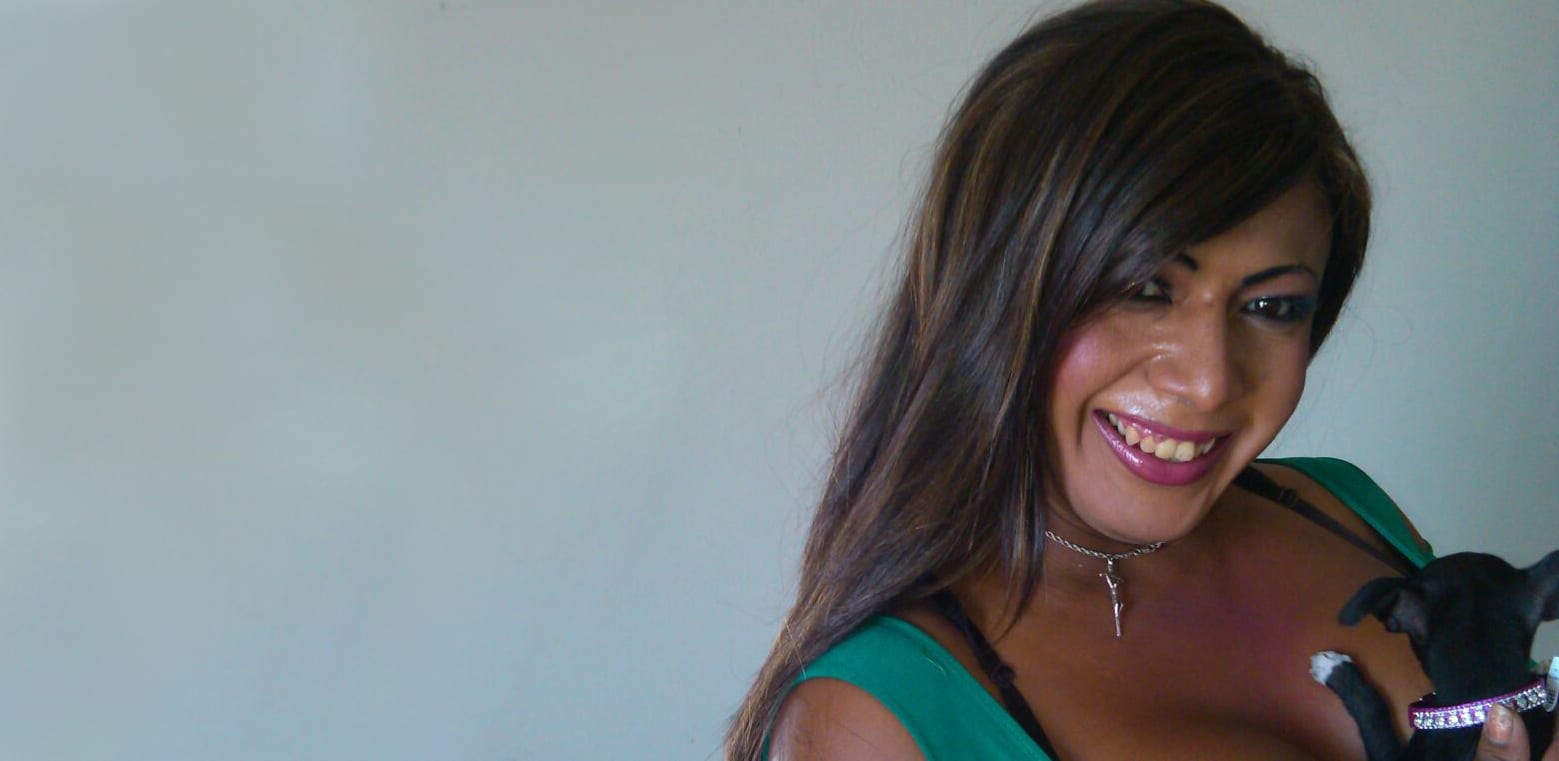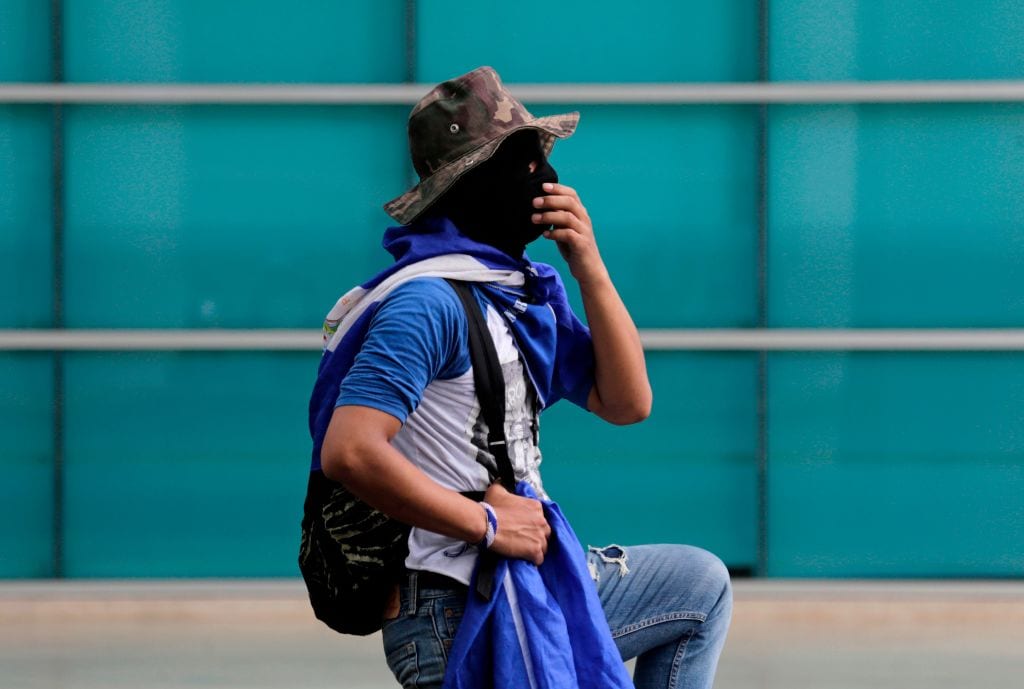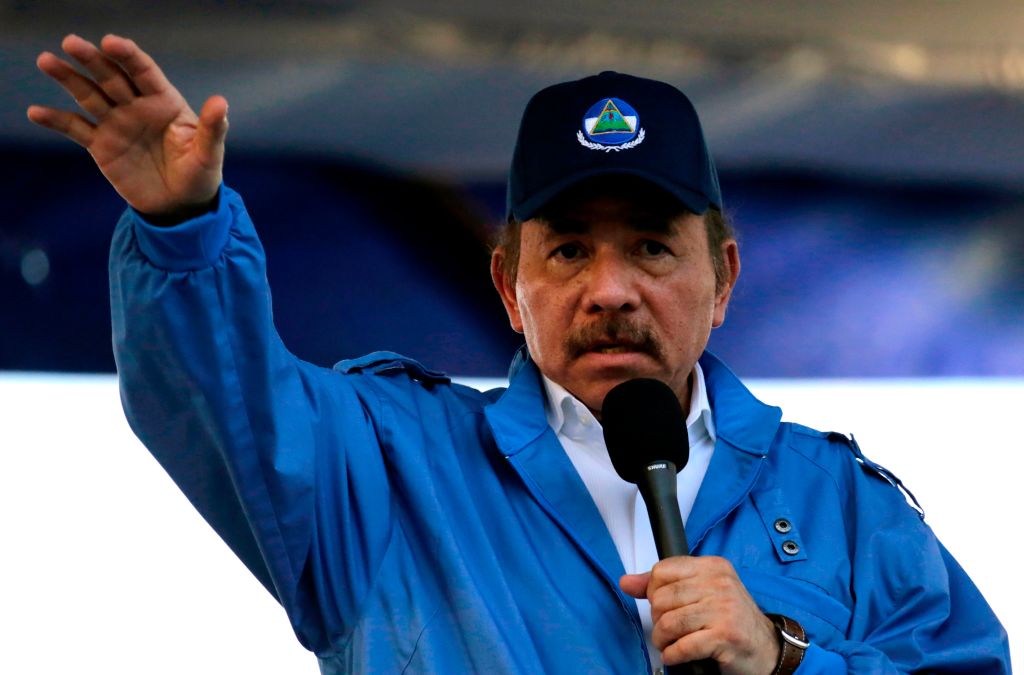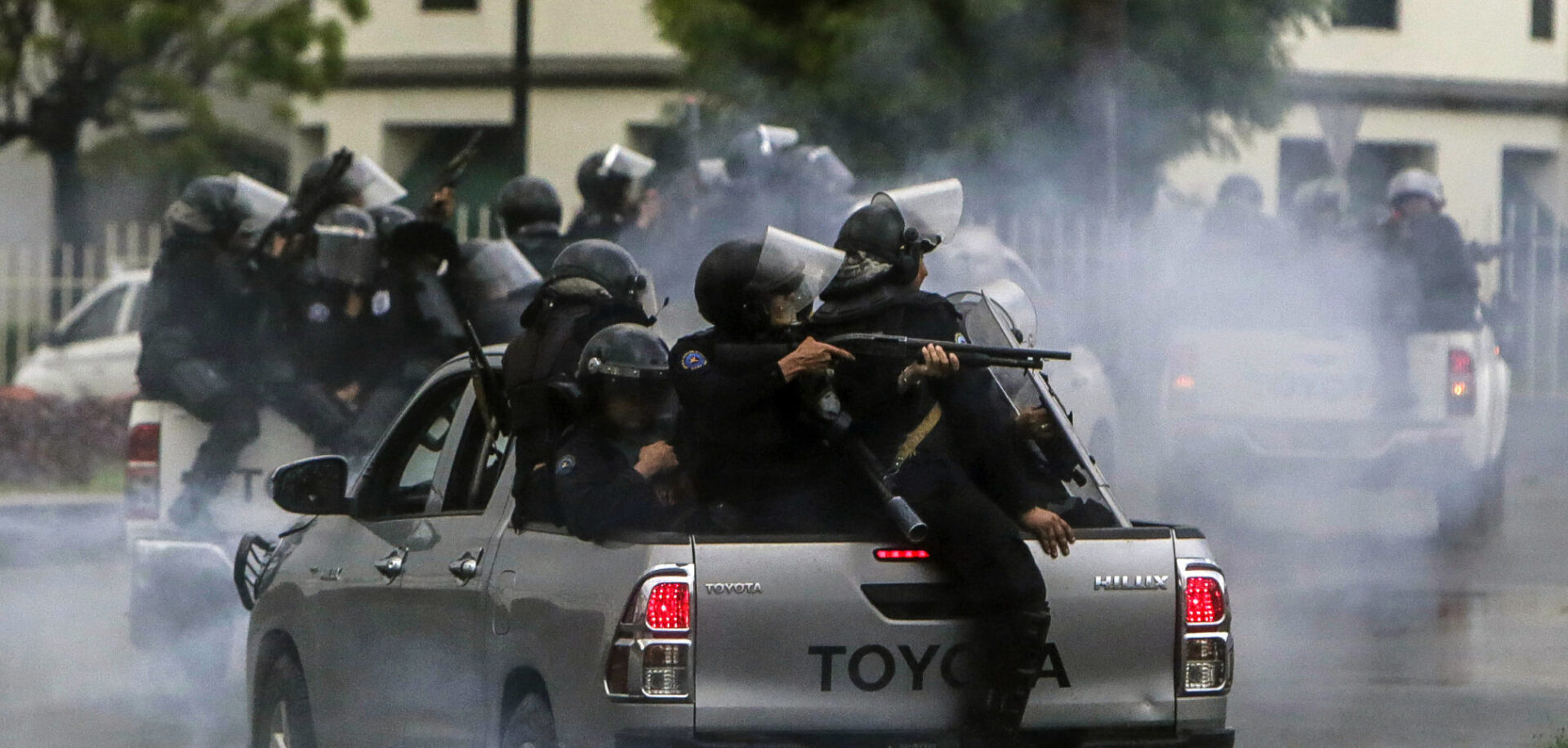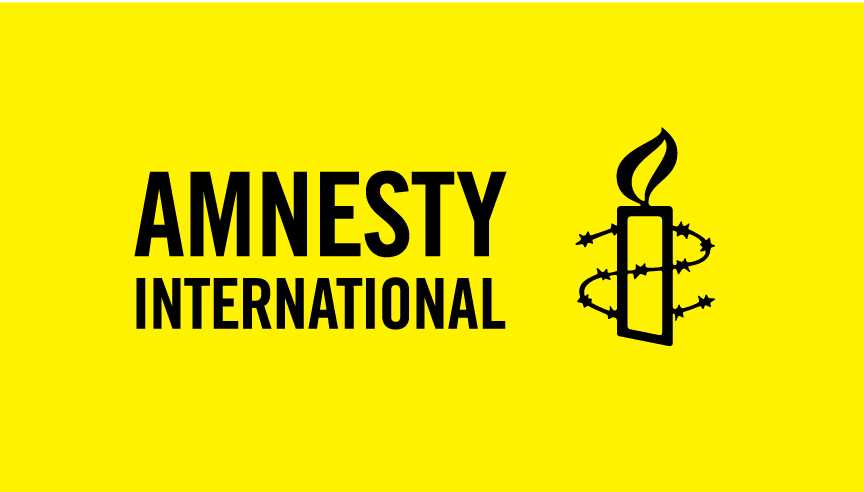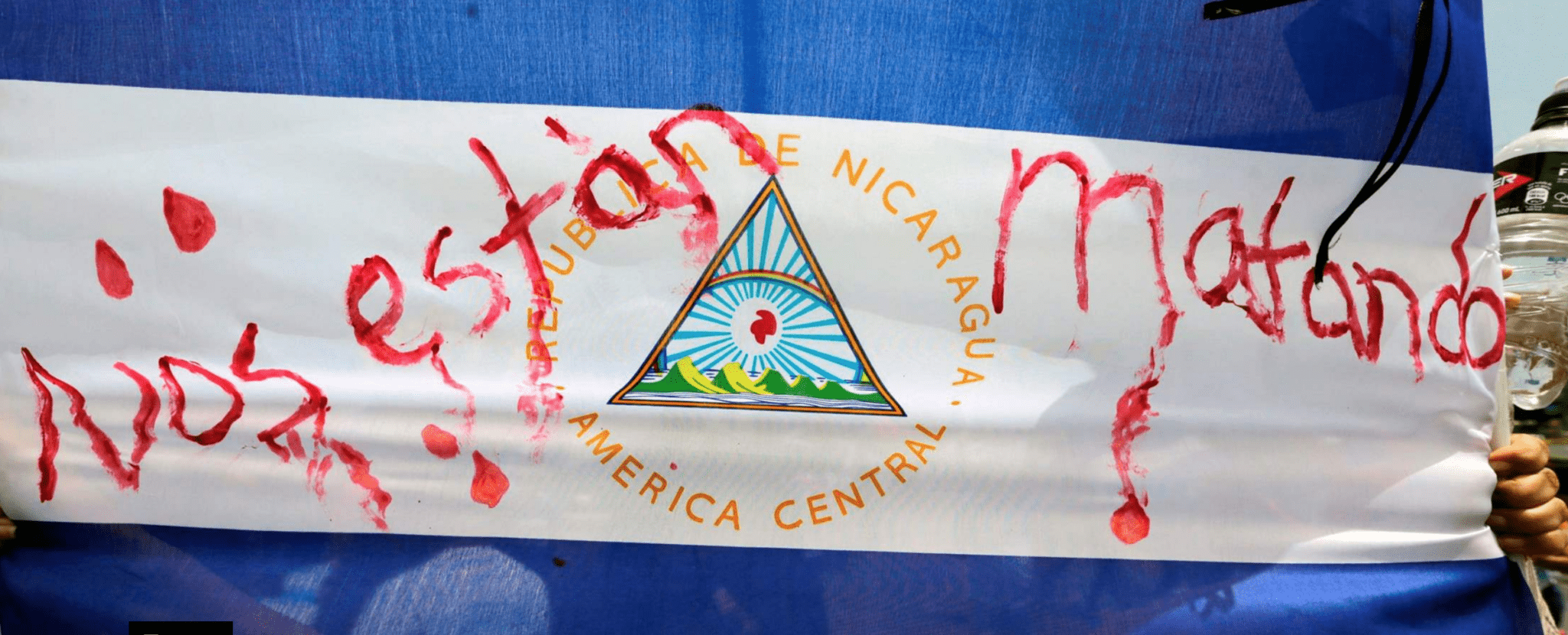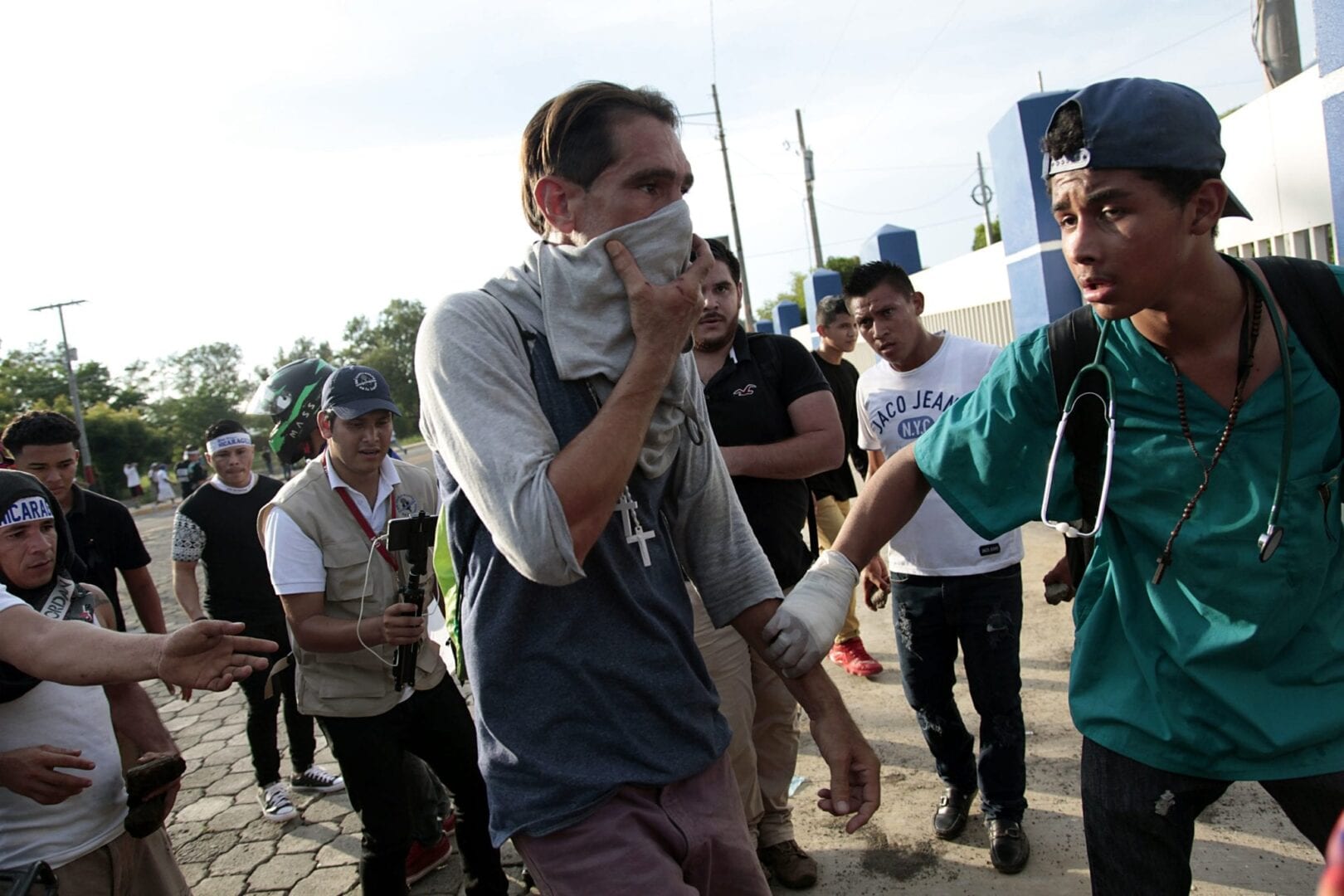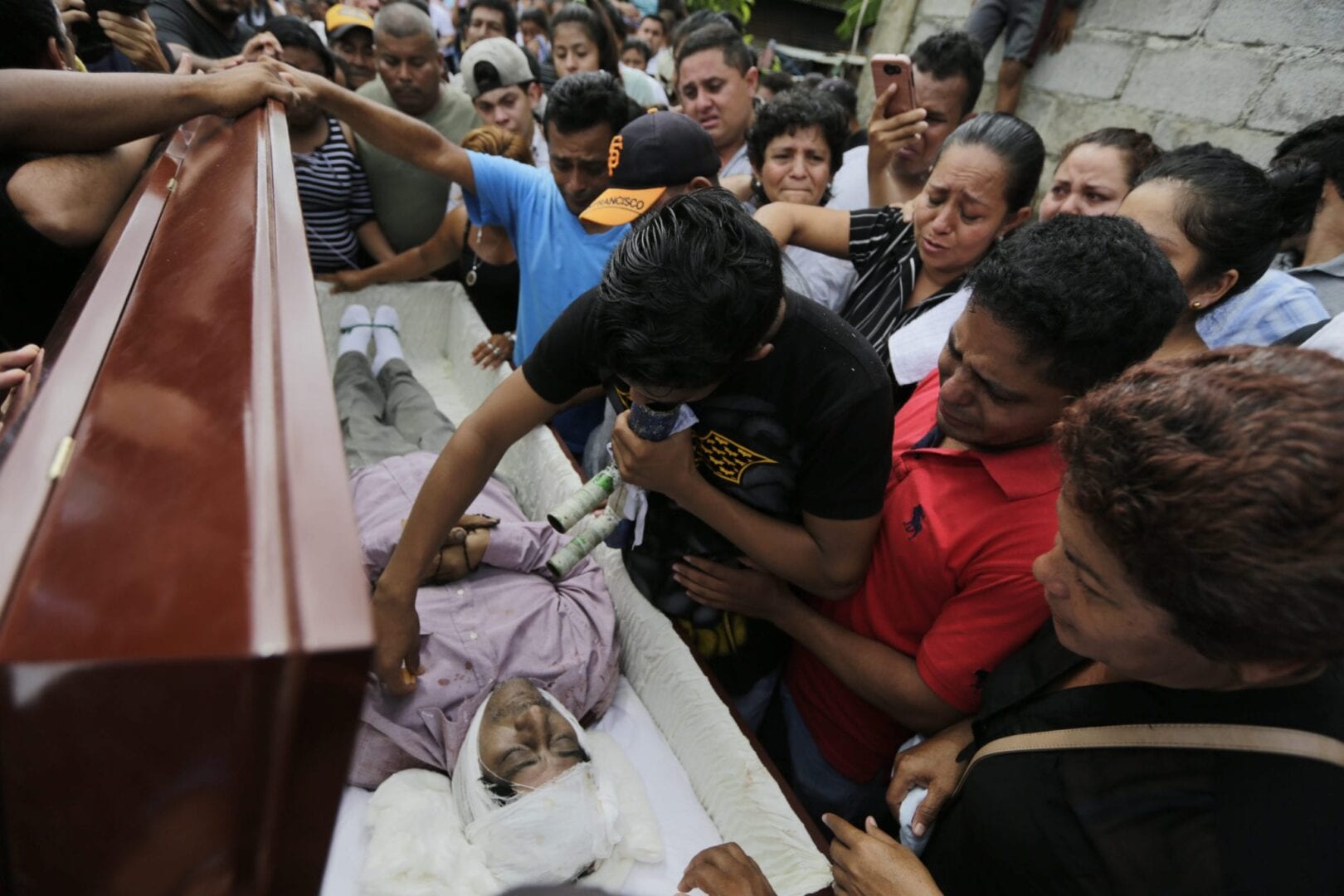The following information is based on the Amnesty International Report 2021/22. This report documented the human rights situation in 149 countries in 2021, as well as providing global and regional analysis. It presents Amnesty International’s concerns and calls for action to governments and others.
NICARAGUA 2021
Nicaragua’s human rights crisis persisted. Journalists, human rights defenders and health workers continued to face a hostile environment. Political activists, human rights defenders and journalists were frequently arbitrarily detained. Violence against Indigenous peoples persisted. The government failed to provide accurate information about the Covid-19 pandemic.Background
President Ortega’s fourth consecutive term of office was announced following elections in November that were widely condemned by the international community due to the severe restrictions on civil and political rights. In November, Nicaragua denounced the OAS Charter.Freedom of expression
In May, authorities began a legal investigation into the Violeta Barrios de Chamorro Foundation, one of the main organizations working on press freedom, for money laundering-related charges. In June, the director of the Foundation, a presidential hopeful, was arrested; she remained in detention at the end of 2021. The headquarters of the online magazine Confidencial and the television programme Esta Semana were raided in May and the director was forced back into exile. In June, two journalists, Miguel Mora and Miguel Mendoza, were arrested; they remained held at the end of the year. As of August, the Public Prosecutor’s Office had summoned for questioning more than 25 media workers who had collaborated with the Violeta Barrios de Chamorro Foundation. Several journalists reported being threatened during interviews with criminal charges, including under the Special Law on Cybercrime. The newspaper La Prensa was raided and its property seized in August. The general manager was detained on money laundering-related charges. The NGO Reporters Without Borders called for his immediate release, however, he remained in jail at the end of the year. During the year, the hostile environment and the continuous attacks by authorities also led a number of journalists to flee the country.Human rights defenders
Human rights defenders and NGOs continued to face an extremely hostile environment. During the year, the legal registration of at least 45 NGOs was rescinded. NGOs whose registration had been cancelled since 2018 by the National Assembly were not reinstated and their confiscated assets were not returned. Human rights defenders were criminalized and arbitrarily detained; some remained held at the end of the year. Women human rights defenders reported suffering police harassment, criminalization, smear campaigns and threats. At least two human rights defenders were charged under the Special Law on Cybercrimes and others were reportedly subjected to harassment, surveillance and threats.Arbitrary detention
Arbitrary detentions remained part of the state strategy of repression. By December, local organizations reported that 160 people detained solely for exercising their rights since the 2018 protests started remained in prison . Precarious detention conditions, ill-treatment and incommunicado detention were reported by detainees’ relatives who were unable to see them regularly. Women´s rights organizations reported that some of the women detained during the year were arrested with violence sometimes in front of their children, and remained detained in very precarious conditions. Some relatives of detainees reported harassment, including barriers to travelling abroad and criminal prosecution. The Inter-American Court of Human Rights granted provisional measures in favour of a number of detainees and ordered their release. However, authorities failed to comply with the Court’s rulings. Authorities arbitrarily detained, forcibly disappeared and prosecuted political opponents and presidential hopefuls.1 Days before and during the elections, the Inter-American Commission on Human Rights (IACHR) received information on increased police harassment, threats and arbitrary detentions against opposition leaders, human rights activists, members of civil society organizations and journalists.2Enforced disappearances
Between the end of May and November, authorities detained at least 39 people they considered government opponents, including seven presidential hopefuls. Some were victims of enforced disappearance – their fate or whereabouts were unknown for weeks or months.3Indigenous peoples’ rights
Local NGOs and communities reported the presence of and attacks by non-Indigenous settlers on their lands. Some of the attacks resulted in the deaths of Indigenous people. During August, an attack by non-Indigenous settlers against a community in the Mayangna Sauni As territory resulted in the deaths of at least nine Indigenous people. In September, the IACHR detailed a number of reports of Indigenous communities on the northern Caribbean coast being the victims of kidnappings, killings, sexual assaults, threats and arson attacks on their homes. In October, the UN Committee on Economic, Social and Cultural Rights expressed concern regarding allegations that authorities had promoted the creation of parallel governments to supplant the chosen representatives of Indigenous peoples.Right to health
In February, the OHCHR expressed concern about the lack of disaggregated data regarding Covid-19 infection among Indigenous peoples and Afro-descendant communities and of information on specific measures to protect them. In August, the Pan American Health Organization reported that it could not assess the state of the pandemic in Nicaragua because of the lack of official information. Ignoring international guidelines from the WHO, Nicaragua did not prioritize health workers at the start of its Covid-19 vaccination programme. Some media reports stated that government supporters were prioritized for vaccination, regardless of their risk profile for Covid-19.4 Harassment and threats against health workers who criticized government policies or informed the public about the pandemic continued. In July, the Vice-president publicly called them “fake doctors” and some were forced to flee the country for their own safety.Relevant Links
- “Nicaragua: Strategy of repression in the run-up to elections continues relentlessly”, 6 July
- “Nicaragua: Announcement of Ortega’s re-election augurs a terrible new cycle for human rights”, 8 November
- Nicaragua: Where Are They?: Enforced Disappearance as a Strategy of Repression (Index: AMR 43/4631/2021), 25 August
- “‘Prison, economic ruin, repression and exile’: the price Nicaragua’s health workers pay for doing their jobs”, 14 September
- For more information visit the Amnesty.org Country page

